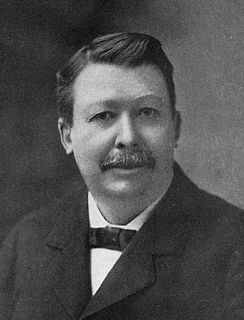A Quote by Joel Chandler Harris
People no longer write letters. Lacking the leisure, and, for the most part, the ability, they dictate dispatches, and scribble messages. When you are in the humor, you should take a peep at some of the letters written by people who lived long ago.
Related Quotes
I realized how valuable the art and practice of writing letters are, and how important it is to remind people of what a treasure letters--handwritten letters--can be. In our throwaway era of quick phone calls, faxes, and email, it's all to easy never to find the time to write letters. That's a great pity--for historians and the rest of us.
Sometimes I think it is ... frustration with life as it is lived day to day that compels me to write such long letters to people who seldom reply in kind, if indeed they reply at all. Somehow by compressing and editing the events of my life, I infuse them with a dramatic intensity totally lacking at the time, but oddly enough I find that years later what I remember is not the event as I lived it but as I described it in a letter.
Most open letters undoubtedly come from a good place, rising out of genuine outrage or concern or care. There is, admittedly, also a smugness to most open letters: a sense that we, as the writers of such letters, know better than those to whom the letters are addressed. We will impart our opinions to you, with or without your consent.
I get some letters from a lot of people. Sometimes it's nice, with letters from kids or from parents of kids who want to be tennis players, but I also get racist letters. It's really painful to receive something like that because you're not ready for that. You think to yourself, 'That's really bad.' But I realise that there are people like that.
Never before have I written so long a letter. I'm afraid it is much too long to take your precious time. I can assure you that it would have been much shorter if I had been writing from a comfortable desk, but what else can one do when he is alone in a narrow jail cell, other than write long letters, think long thoughts, and pray long prayers?

































